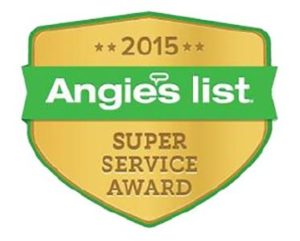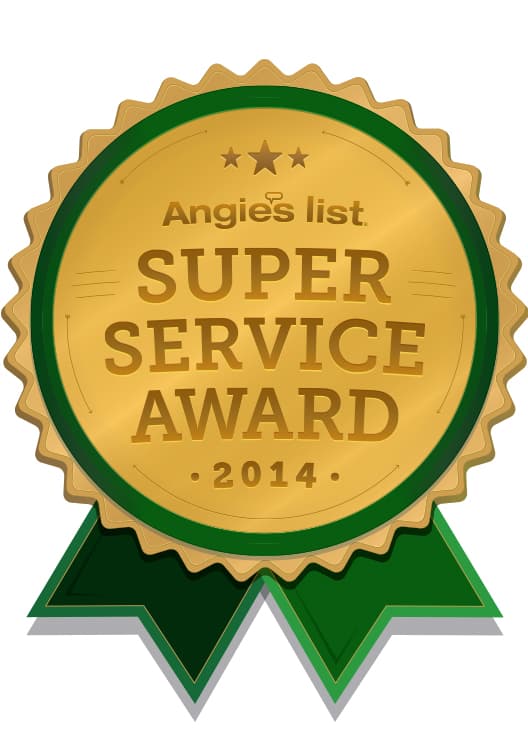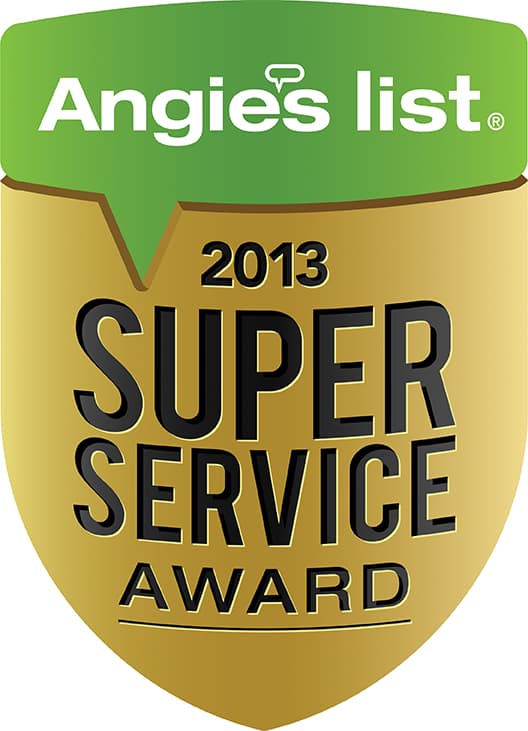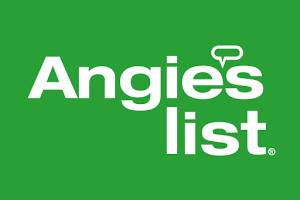Does Cooking Food Kill Coronavirus?
The short answer is: yes. The longer answer is: it really shouldn’t be a concern.
Biology Matters
There have been no cases of COVID-19 associated with food ingestion. And while doctors and scientists continue to learn about this disease, it is highly unlikely that we will discover that you can contract it from the food you eat. Whatever you put in your mouth is immediately subjected to the digestive process designed to convert it into usable nutrients and waste. If the coronavirus were present on the surface of your food, it would almost certainly be killed by your stomach acids. In the unlikely event that it survives that onslaught, it would then enter into your intestines, and then out of your body. There is no pathway from your stomach to your lungs. Theoretically, there is the possibility that it could move from the mouth to the larynx and thereby into the lungs, but there has never been a case where that happened. COVID-19 needs to enter the respiratory system in order to produce the disease, and given the nature of human biology, the food you eat cannot cause the illness.
Cooking Helps Too
Because COVID-19 is so new, there is no settled science about the heat needed to kill it. However, the SARS virus (a close relative to COVID-19), is inactivated at 133ºF to 149ºF. Given that nearly all cooking is done at temperatures above 300ºF, it is reasonable to assume that COVID-19 would be killed in the cooking process as well. Again, though, it ought not to matter since your body would deal with the virus in the course of normal digestion.
Kitchen Hygiene – Fresh Produce
Just as you should have been doing before the COVID-19 outbreak, you should wash your fresh produce before using it. It is sufficient to use clean running water; you don’t need to (and shouldn’t) use any kind of cleaner on the produce. Leafy greens can be submerged in cool water then run through a salad spinner or dried with paper towels. Sturdy vegetables (like root vegetables) can be scrubbed with a vegetable brush under running water. Delicate produce (like raspberries) can be cleaned by hand under gently running water.
Kitchen Hygiene – Clean Surfaces
More important than the food you consume is the environment in which that food exists and is prepared. Now more than ever, it is essential to keep your kitchen clean. Use any standard surface sanitiser to clean your counters, and do so frequently. Be mindful of where you’re putting your grocery bags when you return from shopping, and clean those surfaces thoroughly before using them in food preparation. The risk of transmission from packaging is very low, but again, it’s an easy thing to wipe the counter after taking the pizza out of the box.
Kitchen Hygiene – Washing Hands
Washing your hands before you begin cooking should be part of your usual kitchen routine. Now, it may be wise to wash your hands more frequently while you prepare food. After washing the vegetables, wash your hands. After wiping the counter, wash your hands. It can’t hurt, and we know that hand washing is the most effective weapon in the prevention of COVID-19.
COVID-19 is very frightening, but it’s good to know you don’t need to worry about preparing, cooking, and eating your food.








